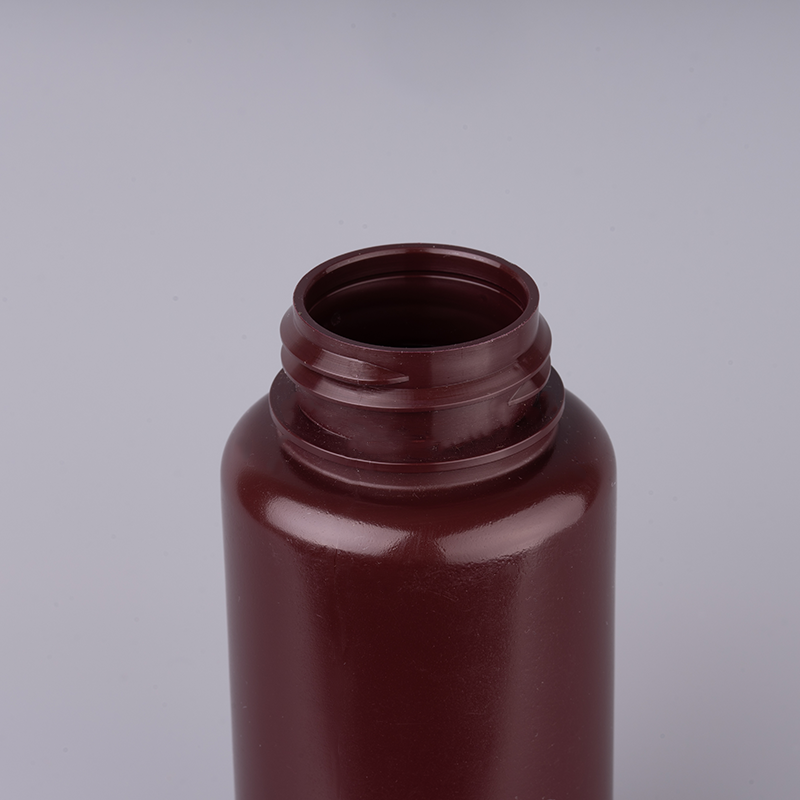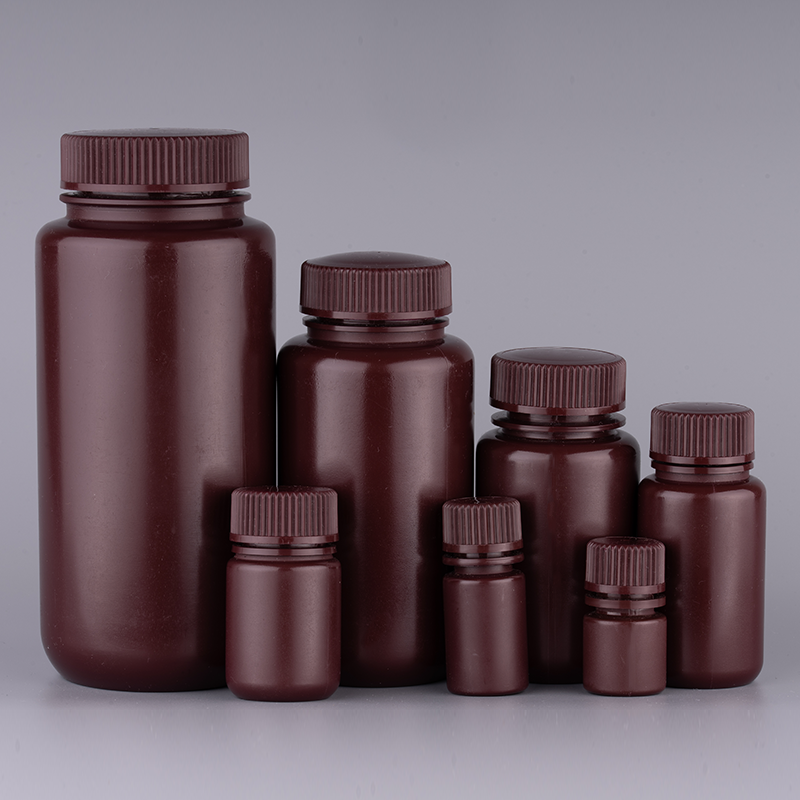Introduction
The ubiquitous 15ml plastic bottle serves as an essential vessel for storing and transporting various liquids in laboratory and industrial environments. However, the quality standards that define these bottles play a pivotal role in ensuring their reliability and efficacy in safeguarding the integrity of stored substances. This article meticulously explores the stringent criteria that delineate high-quality 15ml plastic bottles and the significant impact these standards wield in securely preserving and transporting liquids in diverse settings.

Characteristics Defining High-Quality 15ml Plastic Bottles
- Material Composition
Commonly Used Plastics: Highlighting the properties of high-density polyethylene (HDPE), low-density polyethylene (LDPE), polypropylene (PP), and their suitability for different applications.
Material Attributes: Evaluating durability, chemical resistance, and compatibility with various stored substances as influenced by the plastic composition.
- Manufacturing Standards
Precision in Production: Delving into injection molding techniques and their role in ensuring consistency and structural integrity.
Compliance with Industry Standards: Examining adherence to quality benchmarks such as ISO certifications and FDA regulations, ensuring safety and reliability.
- Structural Integrity
Leak-proof Design: Understanding the mechanisms and features that prevent leakage, spillage, or contamination.
Robustness of Construction: Assessing the thickness, resilience, and quality of bottle walls to prevent distortion and breakage.
- Regulatory Compliance
Safety Assurance: Ensuring compliance with safety regulations, including the absence of harmful substances like BPA or phthalates.
Chemical Safety: Certifying that the plastic materials do not interact adversely with stored substances, maintaining their purity and stability.
Contribution of Standards to Reliability in Storing and Transporting Liquids
- Impact on Substance Integrity
Preserving Liquid Integrity: Emphasizing the role of quality standards in maintaining the purity and stability of stored substances.
Preventing Contamination: Mitigating risks of chemical reactions or contamination through stringent material selection and manufacturing controls.
- Durability in Handling and Transportation
Resilience to External Factors: Highlighting the bottles' ability to withstand temperature fluctuations, mechanical stress, and environmental factors during transportation and handling.
Ensuring Stability: Maintaining liquid consistency and preventing deterioration or evaporation during storage or transit.
- Safety Assurance
Mitigating Hazards: Minimizing risks associated with leaks, spills, or breakage, safeguarding both the stored substances and individuals handling the bottles.
Ensuring Compatibility: Ensuring the bottles are compatible with the substances they contain, mitigating risks of reactions or alterations.
Applications in Laboratory and Industrial Settings
- Laboratory Use Cases
Reagent and Sample Storage: Demonstrating the reliability of 15ml plastic bottles in preserving the integrity of laboratory reagents and sensitive samples.
Precision Dispensing: Illustrating the accuracy and efficiency of these bottles in precise dispensing for experiments or analyses.
- Industrial Applications
Pharmaceutical Manufacturing: Detailing the role of high-quality bottles in pharmaceutical manufacturing, packaging, and transportation.
Industrial Fluids: Showcasing their significance in storing and transporting specialized industrial fluids safely and reliably.
- Comparative Analysis with Other Containers
Advantages Over Glass Containers: Comparing the benefits of 15ml plastic bottles in terms of durability, weight, and safety over glass containers.
Specific Suitability: Highlighting the suitability and advantages of these bottles for particular substances or applications compared to other plastic types.
Case Studies or Examples Demonstrating Reliability
- Success Stories from Industries
Real-world applications illustrating the effectiveness and reliability of high-quality 15ml plastic bottles in preserving critical substances.
Testimonials or Data Validation: Presenting data or testimonials validating the reliability of these bottles in various scenarios.
- Comparative Studies
Performance Comparisons: Studies showcasing the superior performance of high-quality bottles compared to standard ones, backed by empirical data.
Impact on Efficiency: Data illustrating how using high-quality bottles leads to improved experimental results or industrial efficiency.
Conclusion
In conclusion, high-quality 15ml plastic bottles stand as an indispensable asset in laboratory and industrial settings, where the stringent criteria defining their quality standards significantly contribute to their reliability. These bottles, characterized by robust material composition, meticulous manufacturing processes, and compliance with regulatory standards, ensure the safe storage and transport of liquids, maintaining their integrity and stability. Their impact spans across various applications, from precision dispensing in laboratories to the safe handling of pharmaceuticals in industrial sectors, ultimately facilitating enhanced safety, efficiency, and effectiveness in storing and transporting liquids.
Related Products





